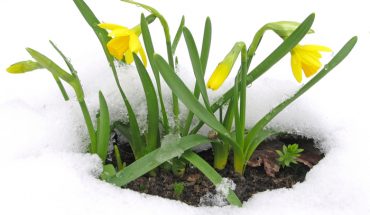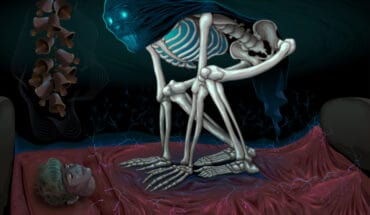Globalisation and the ever-shrinking world means that we now have access to the medical wisdom and traditions from all over our planet. What we can learn is that there are many ways to heal and nourish body and spirit. Many herbal remedies can produce outstanding results and effects not found in conventional medicine. Many styles of healing, including acupuncture, will not only give immediate relief from symptoms like chronic pain and depression but can in many cases make profound changes on a long term basis.
As alternative therapies become more popular in the west, it is more important than ever that we ensure that practitioners are highly trained within their own tradition and that there is some way to ensure this.
This means walking the delicate line between preserving the integrity of a medical tradition whilst ensuring that it is practised safely and effectively. We have two issues here First is the safety and quality of practitioner training standards, professional conduct and ethics and the second is the efficacy and safety of the treatments.
Our conundrum has been to find a way of applying a level of quality control and appropriate research criteria whilst allowing for the different medical paradigms and cultural traditions. It is not adequate to assume that just because a traditional medicine has ancient roots and comes from a distant culture that it is totally safe, effective or well practised. Conversely we have to be able to celebrate the differences rather than exclude the use of these medicines because they cannot stand up to usual scientific research protocols such as the ‘gold standard’ double blind placebo controlled trials which are used to validate patented drugs. These trials are expensive and recouped by sales of the newly approved patented drug. This type of testing is too expensive for non patentable products, and it is also not in the interests of the industry to make it easier to test and market traditional medicines which may rival the use of patented drugs.
There is work going on at different universities and colleges considering the difficulties poised in testing efficacy and safety of natural and traditional medicines. New research models are being proposed and there have been many positive and interesting results. For example ARRC is the research branch of British Acupuncture Council and it produces lot of work on methods of research and audit and has carried out many studies. We now have access to a library of information and studies which stands up to the rigours of scientific research criteria and standards. This has benefitted the profession enormously and as a result Acupuncture is increasingly accepted and respected within conventional medicine.
I started my TCM career in 1982 and since then the level of acceptance, use and interest in Traditional Medicines and ‘Alternative Medicine” has grown enormously. It is now widely accepted that there is more to good health then conventional medicine and drugs and our course now has to be to facilitate further development and understanding of the many different healing practices available.
- The globalisation of medicine - 3rd April 2016






